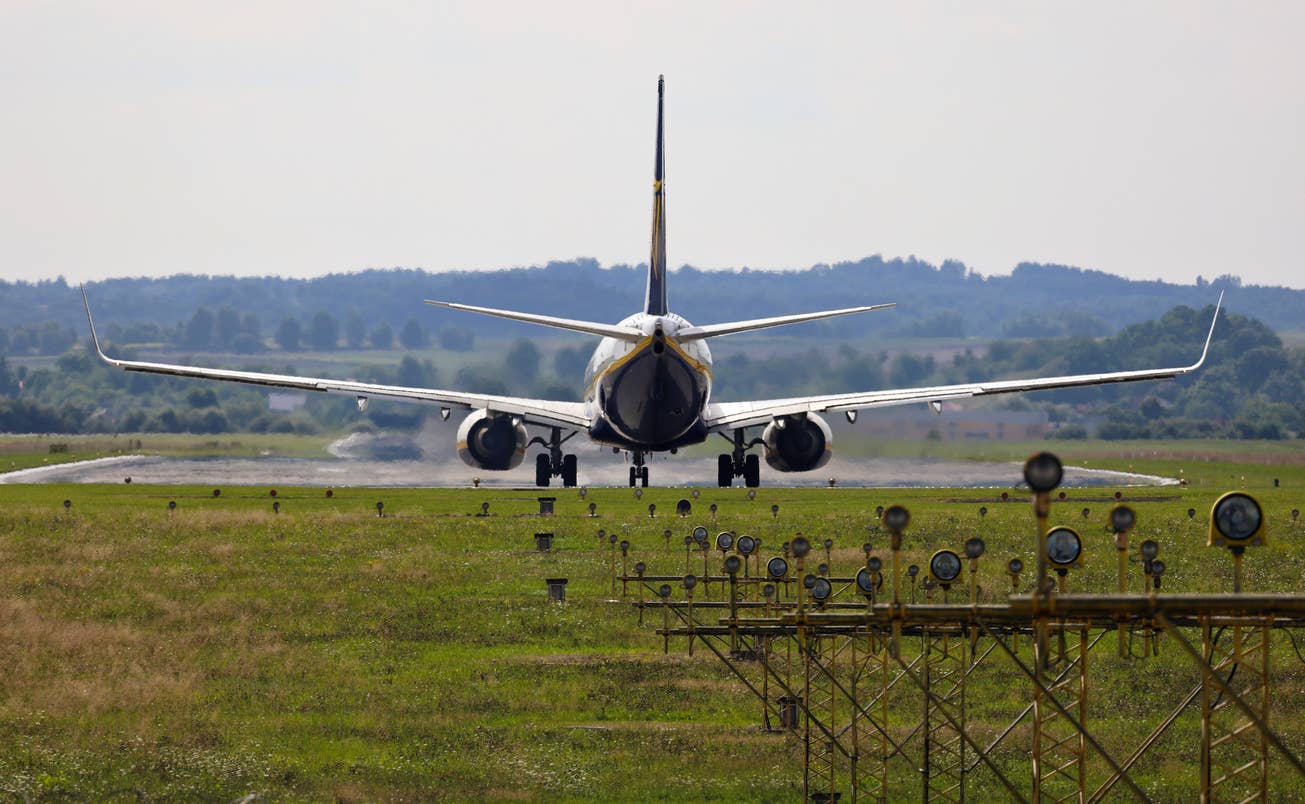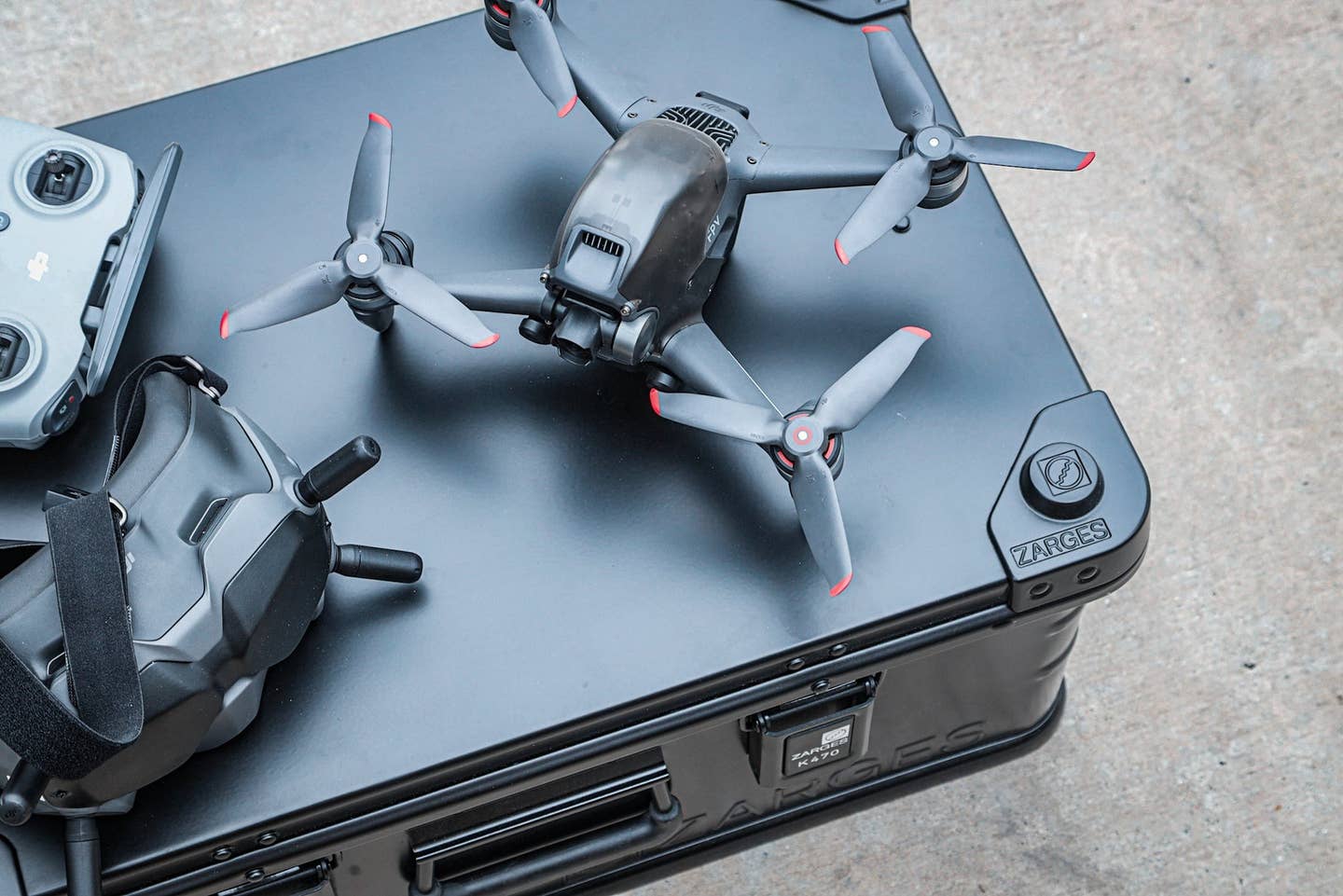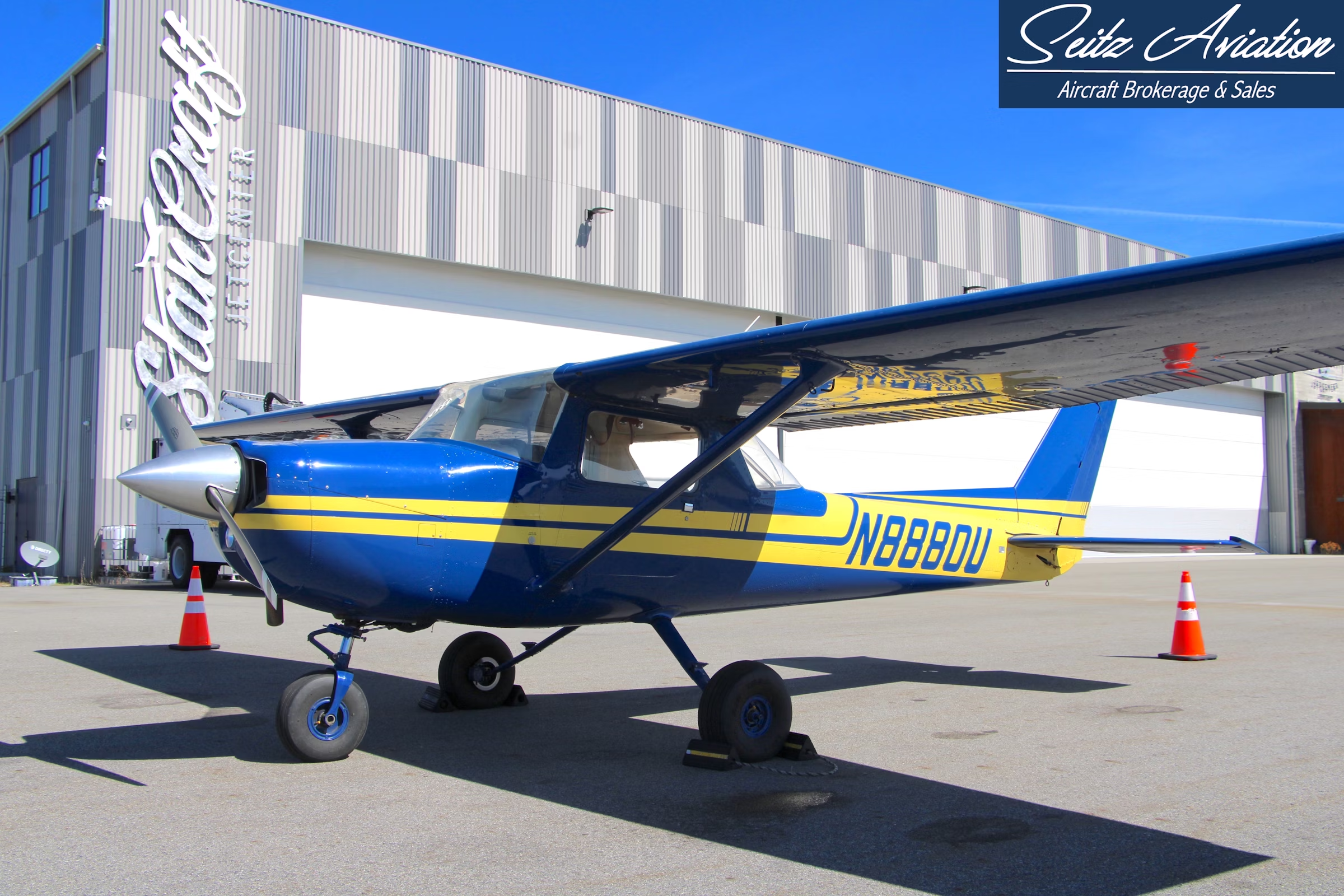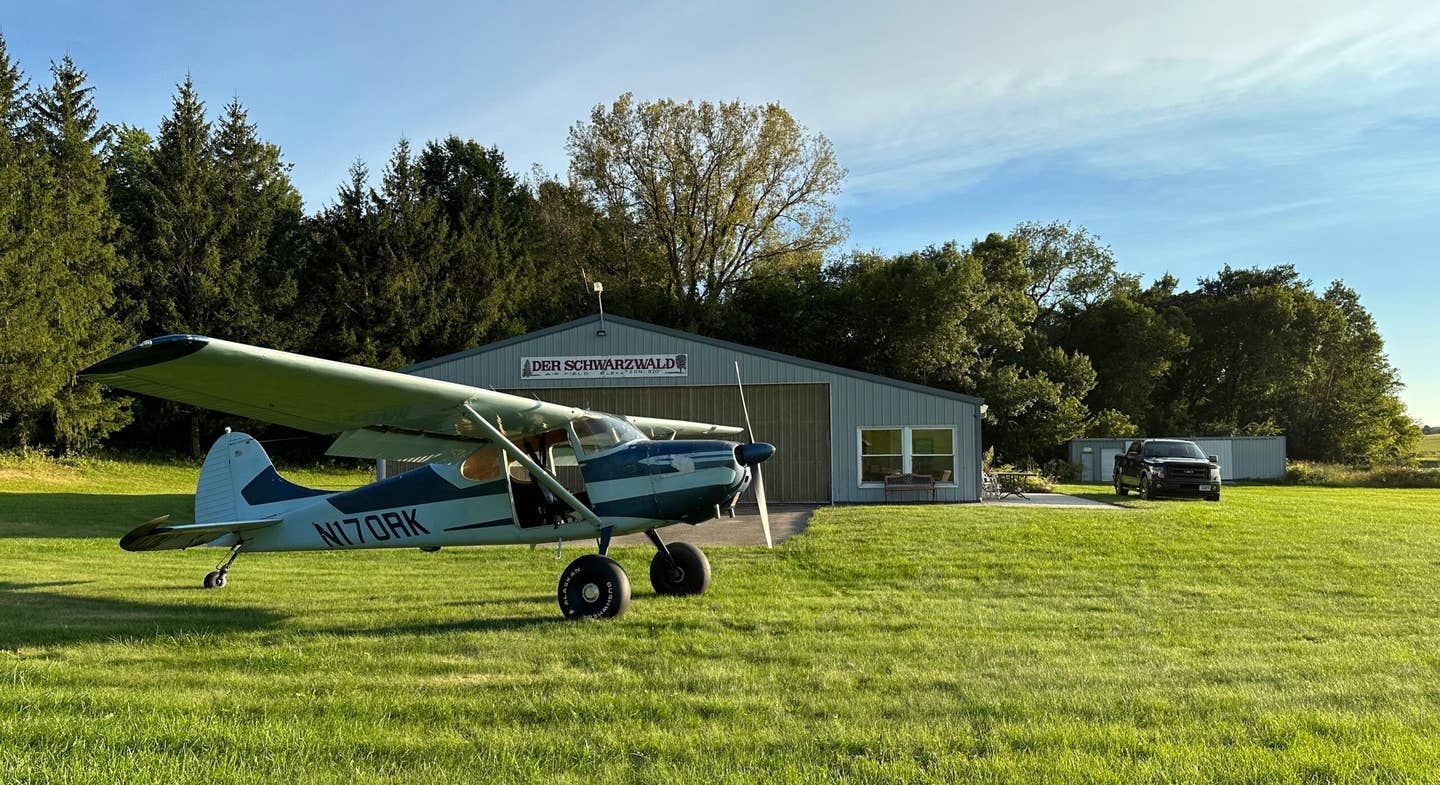FAA Introduces New Technology to Enhance Airport Surface Safety Nationwide
The FAA has outlined plans to deploy Approach Runway Verification technology at several airports across the U.S. this year through 2025.

The FAA continues to work with aviation stakeholders to develop runway safety strategies. [Credit: iStock]
On Thursday, the FAA announced the implementation of a new surface safety tool that warns air traffic controllers when an approaching aircraft is not lined up on its assigned runway.
The FAA outlined plans to deploy Approach Runway Verification (ARV) technology at several airports across the U.S. this year through 2025, with Austin Bergstrom International Airport (AUS) the latest to adopt the solution.
- READ MORE: Why Do Runways Get Renumbered?
“A safe National Airspace System begins and ends on the airport surface,” said FAA Administrator Mike Whitaker in a press release. “Providing controllers with tools such as Approach Runway Verification will improve their situational awareness of the airport surface, which is paramount to improving safety.”
According to the FAA, ARV is one of three surface situational awareness solutions under the agency’s accelerated surface safety initiative. The other two components include the Runway Incursion Device (RID) and the Surface Awareness Initiative (SAI).
Developing and deploying these technologies is part of the FAA’s solution to mitigate near-miss occurrences in response to last year’s Safety Call to Action.
In addition to implementing new technology, the FAA is taking steps to improve safety through measures including hiring more air traffic controllers, installing upgraded tower simulator systems in facilities nationwide, conducting routine runway safety action team meetings, and investing millions into runway lighting and surface improvements at U.S. airports.
Editor’s Note: This article first appeared on AVweb.

Sign-up for newsletters & special offers!
Get the latest FLYING stories & special offers delivered directly to your inbox






